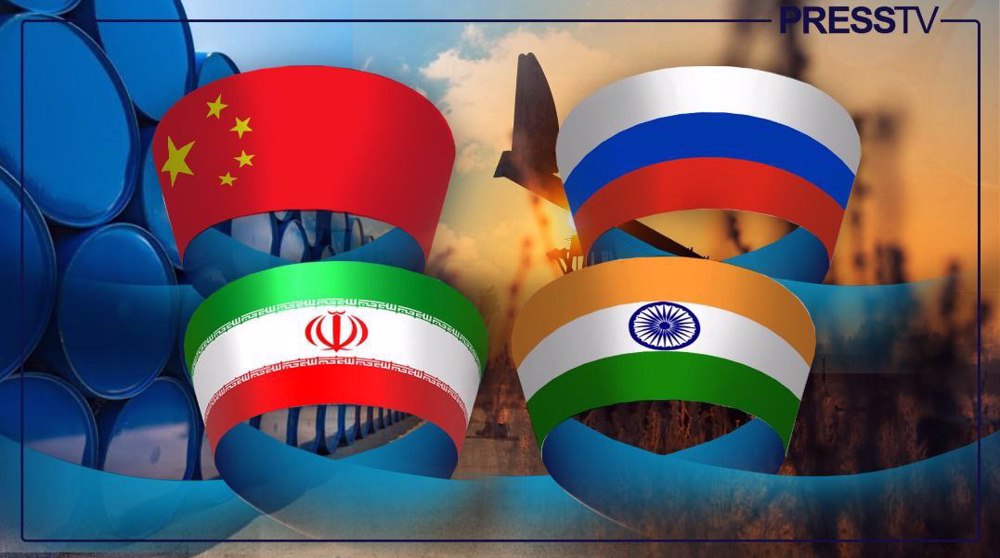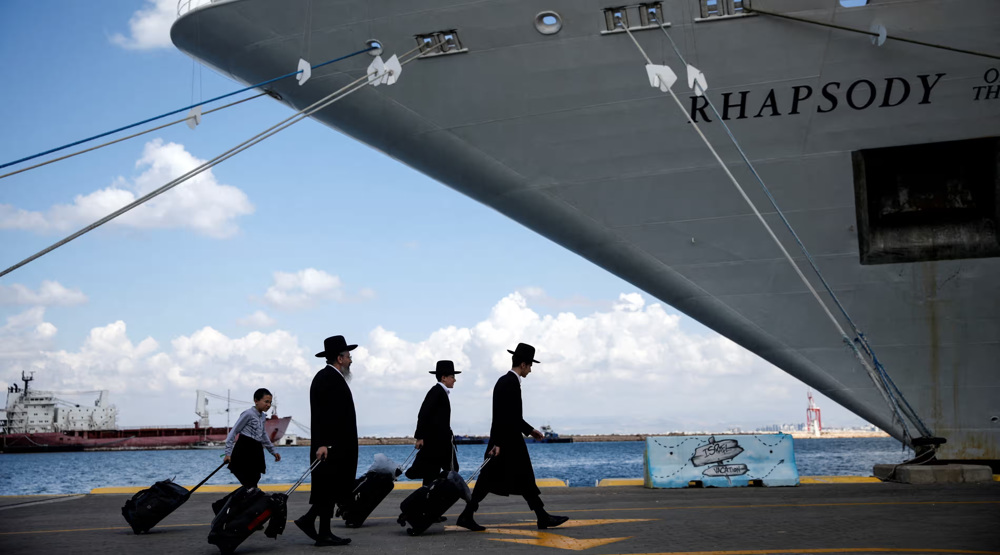Biden says alliance between US, Australia, India and Japan is ‘here to stay’
US President Joe Biden has said the alliance between the US, Australia, India, and Japan is “here to stay” and pledges to deepen the partnership, amid growing tensions with China.
The United States, India, Australia, and Japan formed a military grouping commonly known as the Quad, claiming they aimed to curb Chinese expansionist policy in the region.
At a recent Quad summit held ahead of the United Nations General Assembly gathering in New York next week, Biden told Australian Prime Minister Anthony Albanese, Indian Prime Minister Narendra Modi and Japanese Prime Minister Fumio Kishida that their Quad pact would be permanent.
From his hometown in Delaware, Biden, who is nearing the end of his presidency, hosted this weekend’s fourth in-person and sixth overall gathering with three Indo-Pacific leaders since 2021, reflecting the way Biden sees the priorities of US foreign policy’s international alliances.
“While challenges will come, the world will change because the Quad is here to stay,” Biden told the leaders in his public remarks before journalists were ushered out.
Asked by reporters if the Quad would make it past the 2024 US presidential election scheduled for November 5, Biden replied, “It will survive way beyond November.”
Biden was then recorded on a hot mic telling the leaders of Australia, India and Japan that “aggressive” China is “testing us.”
“China continues to behave aggressively, testing us all across the region, and it’s true in the South China Sea, the East China Sea, South China, South Asia and the Taiwan Straits,” Biden was heard in what were supposed to be behind-closed-doors remarks to the Quad grouping of four countries.
Biden added that while Chinese president Xi Jinping was focusing on “domestic economic challenges”, he was also “looking to buy himself some diplomatic space, in my view, to aggressively pursue China’s interest.”
However, Biden added that recent “intense efforts” by Washington to reduce tensions, including a call with Xi in April, were helping to prevent conflict.
Biden’s remarks could risk ruining diplomatic efforts by all four countries during the summit to show that their grouping is about more than just providing a counterbalance against China.
The four leaders, in a joint statement after the summit, made no direct mention of China, even as they expressed concern about tensions on its borders.
“We are seriously concerned about the situation in the East and South China Seas,” the announcement said.
The leaders also condemned “coercive and intimidating maneuvers” in the South China Sea – where China has been at odds with the Philippines and other nations over its maritime claims – but without saying whose maneuvers.
Territorial disputes in the East China Sea have long been a source of tensions between Japan and China.
The four leaders used veiled statements, as they have on previous occasions, about keeping the region “free and open” and talking about geopolitical “challenges.”
Press TV’s website can also be accessed at the following alternate addresses:








 This makes it easy to access the Press TV website
This makes it easy to access the Press TV website